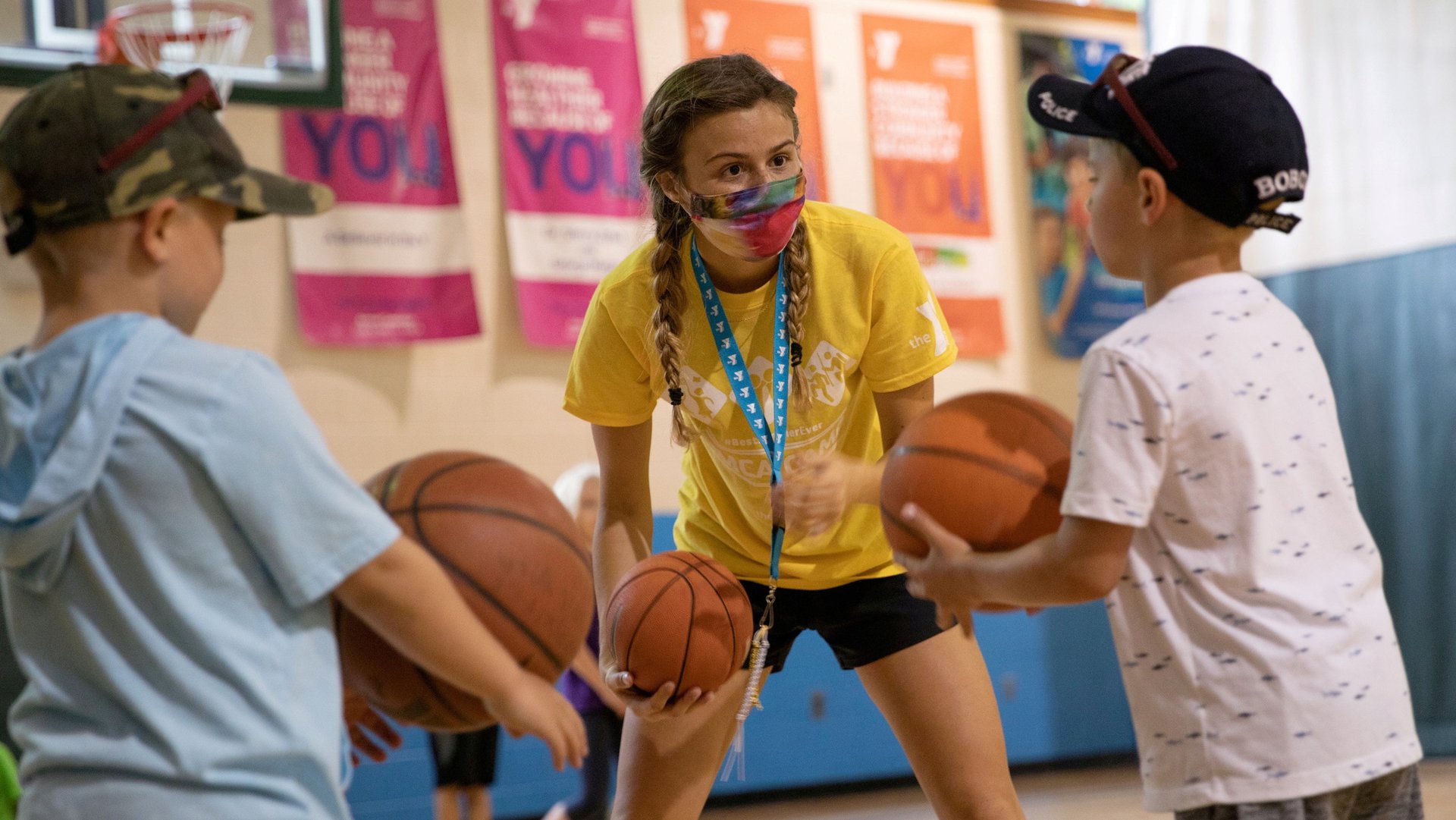What are the symptoms of delta variant in kids?
More kids are coming down with Covid-19 thanks to the highly contagious delta variant—leading to an understandable spike in anxiety among parents.


More kids are coming down with Covid-19 thanks to the highly contagious delta variant—leading to an understandable spike in anxiety among parents.
The good news is that kids are unlikely to get severely ill from Covid. A recent report from the American Academy of Pediatrics (AAP) and the Children’s Hospital Association showed that less than 2% of kids confirmed to have Covid have required hospitalization, of the 23 states where data was available along with New York City. The bad news is that, as more kids come down with Covid, the proportionate number who get hospitalized is going up as well.
“Clinically, we’re not really seeing anything that indicates [delta] is more severe,” Yvonne Maldonado, a professor of pediatric infectious diseases at Stanford and the chair of the American Academy of Pediatrics’ Committee on Infectious Diseases, tells Quartz. “We’re seeing more severe cases now because the overall number of cases is higher.”
What are the symptoms of delta in kids?
As fall approaches and kids get ready to head back to school, many parents will be on the lookout for potential Covid symptoms. This can be a bit tricky: “Children tend not to be as symptomatic as adults, first of all,” Maldonado says. One recent meta-analysis, published in the journal PNAS, estimates that 47% of children have asymptomatic cases of Covid, compared to about one-third of people overall.
When symptoms do manifest, Maldonado says kids “tend not to have the same difficult respiratory symptoms that adults do.” Instead, she says symptoms to look out for include:
- Fever
- Sore throat
- Nausea
- Diarrhea
“But,” she notes, “they can have the same symptoms as adults as well.” Other possible symptoms that also manifest in adults, according to the CDC, are:
- Cough
- Difficulty breathing
- Fatigue
- Headaches or body aches
- Loss of taste or smell
- Congestion or runny nose
What to do if your kid has Covid symptoms
If a child is presenting any possible symptoms of Covid, or has been exposed to someone who tested positive for Covid, it’s important that parents get themselves and their children tested as soon as possible, and quarantine until they find out the result is negative. Free Covid tests remain available throughout the US at government health centers and certain pharmacies, as well as in the UK and many other countries.
At-home Covid tests are another alternative, as immunologist Gigi Gronvall tells NPR. “They certainly provide peace of mind, especially if they’re symptomatic,” she notes.
If the result comes back positive, keep in mind that most children only have mild cases. But make sure to keep your child at home for at least 10 days since the symptoms first presented; if they don’t have a fever by then and their other symptoms are improving, the CDC says it’s okay to stop isolating.